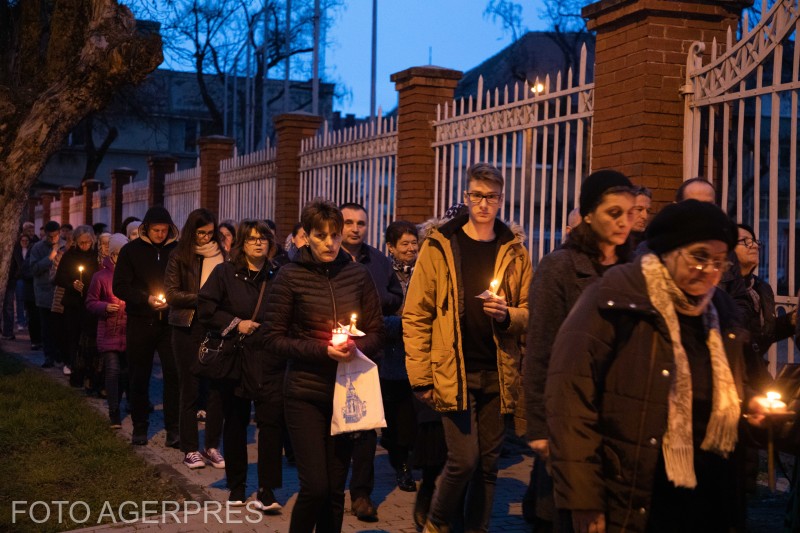Labour Market Liberalisation
Romanian Labour Minister, Mariana Campeanu, has met in the Hague with her Dutch counterpart Lodewijk Asscher
Valentin Țigău, 10.09.2013, 13:39
The EU accession treaty that both Romania and Bulgaria signed in 2007 provides for the Member States’ right to apply transitory measures regarding the access of Romanian and Bulgarian workers to the labour market, for a period of maximum seven years. Based on those regulations, nine Members States are still maintaining restrictions, which however will be lifted on January 1st 2014, when the European Labour Market will be fully open. To Sofia and Bucharest this is only natural to happen, on the basis of the legal rights that all the EU member states are entitled to.
Other member countries, on the other hand, are afraid that that would translate into a massive migration of the east European labour force. Alongside Great Britain, the Netherlands is one of the countries where there are voices calling on the government to postpone the liberalisation of the labour market for Romanians and Bulgarians.
On Monday in the Hague, Romanian Labour Minister Mariana Campeanu held talks with her Dutch counterpart Lodwijk Asscher on that very topic. At the end of the talks, the two officials said that Romania and the Netherlands would jointly find solutions to make sure that the opening of the labour market for Romanian workers will not bring about any problems. In the Netherlands, many officials have stated that Romanians and Bulgarians are welcome starting January 1st, but there are citizens afraid that they may lose their jobs to the newcomers.
Mariana Campeanu: “There are probably Dutch citizens who think that Romanians will accept lower wages, and therefore all jobs will be taken by them. But this is not the issue. The problem is how come such employers exist, employers that by doing this would break the legislation in force. This is where we need to take action, because even if we stop Romanian or Bulgarian workers to come, there will be other people, Croats, French or even Germans who might accept those conditions, and the Dutch workers would lose their jobs anyway. If they want to protect their jobs, they must understand that all those who work, let’s say in the Netherlands, must enjoy the same rights.”
Both in the Hague and in Bucharest, the two ministers concluded, the protection of the right to work must focus on the fight against abuse such as the exploitation of the labour force, underpayment or working hours exceeding the legal duration. Also, strictly abiding by the internal laws, the Netherlands commits itself to observing the international treaties it is a party to, including the European Treaty, which includes provisions regarding the labour force’s right to free movement.






























